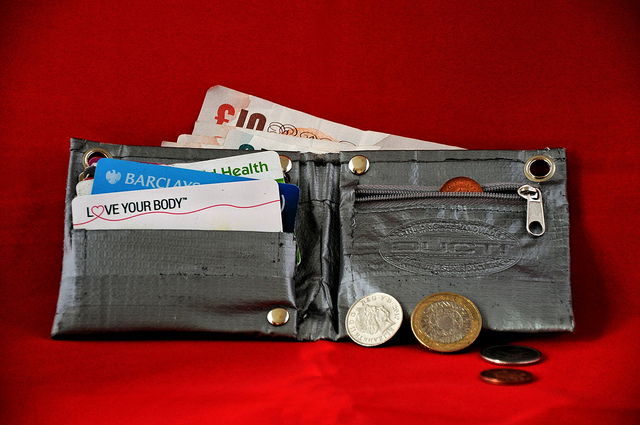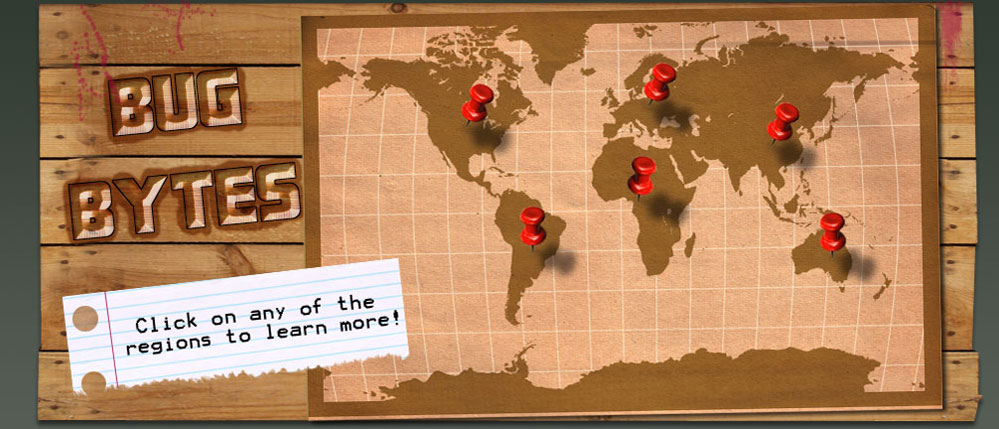 Backpacking vacations are a time for adventure. However, they are also frequently undertaken on a low budget, and if money trouble occurs, this can become a real problem. Therefore, it is wise to have a plan for what to do in the event that the trip goes over-budget and into money difficulties.
Backpacking vacations are a time for adventure. However, they are also frequently undertaken on a low budget, and if money trouble occurs, this can become a real problem. Therefore, it is wise to have a plan for what to do in the event that the trip goes over-budget and into money difficulties.
Budgeting and money trouble
Budgeting is an important aspect of any vacation, and even more so in the case of backpacking, when cash may be limited. However, in the excitement of a trip, it is all too easy to over-spend on a special meal or souvenirs. That is why budgets should be sensible and include a little bit extra for unforeseen spending. However, there are always going to be times when even a little bit extra is not enough. Crisis situations often require immediate access to funds. Situations such as ill health requiring medical care, or being the victim of a crime such as theft, can place a serious strain on even the best-managed finances. Fortunately, there are a number of things that can be done to either prevent or overcome such financial difficulties.
Planning to cope with a money crisis
Prevention is always better than cure for financial problems while traveling. For example, it is better not to have money stolen in the first place than to have to replace stolen funds afterwards. Common-sense precautions can often save a traveler from many of the worst-case scenarios. For example, take care of possessions and keep wallets and purses in a place where it is difficult for a pickpocket to reach. Backpackers can often give themselves financial back-up by carrying money in a couple of different places: keeping a few dollars or euros in a sock or cigarette packet at the bottom of a backpack, for example, is a first-level way to protect resources. Using a hostel or campsite safe deposit box is another way. Keeping cash in low denomination bills and avoiding showing large amounts of cash on the street are other ways to avoid the interest of thieves. Carrying a spare credit card in a money belt is also a good idea. To cover health issues, it is wise to ensure adequate insurance before leaving and to keep the insurance company’s emergency contact details available.
What to do if money becomes a problem
In the worst case scenario, if an emergency occurs and the immediate plans to cover a shortfall in funds are not sufficient, there are still steps that can be taken. With the global reach of the internet, it is easier than ever to arrange a money transfer. This can be done between points almost anywhere in the world. For example, in those cases when emergency funds are required, Transfast.com and other services are available to get cash quickly from friends and family. Alternatively, it may be possible to access an online bank account or credit card account for self-service in the same manner. As a final resort, or in the case of a lost or stolen passport, official advice can be sought from a consulate or embassy.
Photo by Dean Ashton on Flickr.





